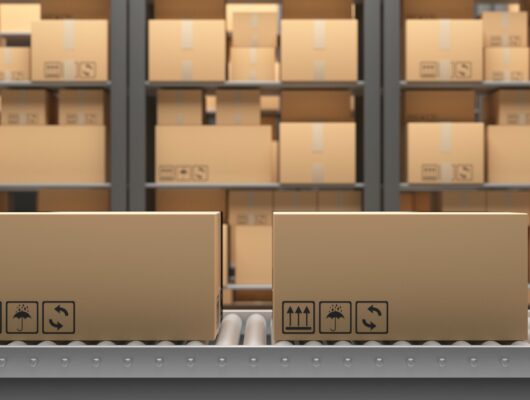Every enterprise ERP system needs to perform in a way that meets the unique requirements of the enterprise irrespective of its size, type, and industry. Most organizations recognize the importance of having an ERP system in place but seldom do they think through how it will deliver better results post-implementation.
The extent of flexibility in an ERP system varies from system to system. A flexible ERP has become an essential technology that every business needs to thrive and excel. Let us understand how a flexible ERP is better than a rigid ERP to grow faster in a competitive world with fewer disruptions.
Given below are a few points of comparison between rigid ERP and Flexible ERP system:
1. Compatibility with existing processes
Business processes and systems are often unique to a particular organization. These are the major driving force for the successful functioning and working of the organization especially in a big organization with multiple departments. Incorporating a rigid ERP system in such an organization will result in a major overhaul.
However, a flexible ERP solution will be able to quickly incorporate the existing business processes and industry standards. Hence, the entire implementation process will be a smooth one with maximum post-implementation benefits.
2. Minimal disruptions
It is crucial for a business to embrace new strategies as it keeps evolving. With a rigid ERP system in place, adapting to such new strategies will result in disruptions in the entire business process. Whereas, a flexible ERP can incorporate these changes quickly with minimal disruptions.
3. Cost cutting
While making any internal changes, a rigid ERP will demand experts’ input (consultancy) to get things in place and running. There will be more investment in terms of money and time. However, a flexible ERP enables businesses to make internal changes with easy without much reliance on consultants.
4. Amalgamations are easier
In the case of amalgamations and mergers taking effect in a business, a rigid ERP system will involve many technicalities to take on a new organization and its existing business processes. However, with a flexible ERP system taking a new organization on board won’t be much of a hassle.
5. Implementation Time
The rigid ERP solutions take lesser time in implementation as compared to a flexible ERP. But a flexible ERP, despite taking a longer time in implementation, will be easier for the employees to use without much training, as it will already be in sync with the existing business processes and workflow of the organization.
6. Adapting to regulation changes
Every business needs to comply with certain statutory regulations as per all the applicable statutes of the region and industry it operates in. A flexible ERP system can quickly adapt to regulation changes to keep your business compliant. It will also enable your workforce to quickly access information and respond to any notices and queries received from your regulators.





